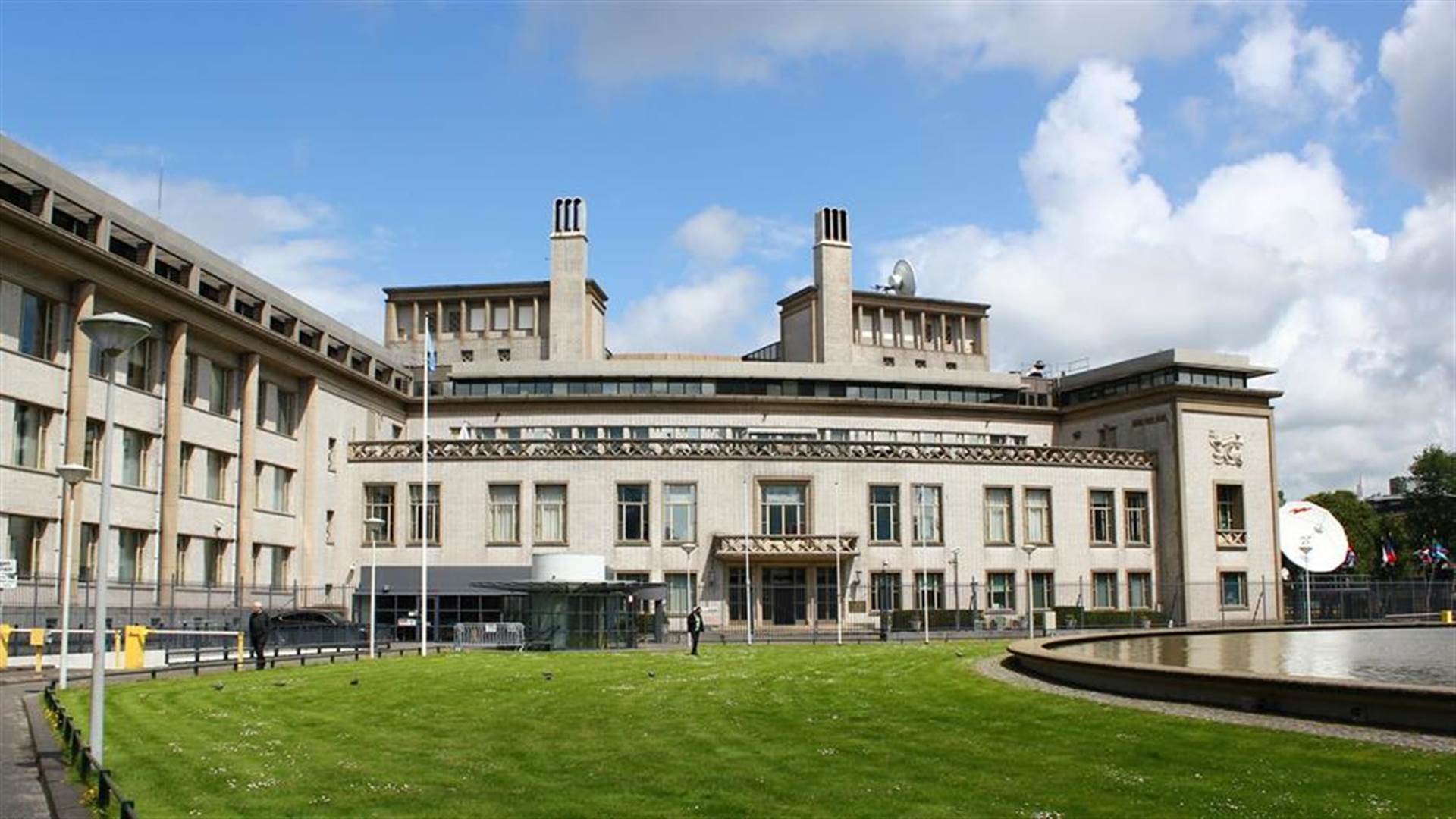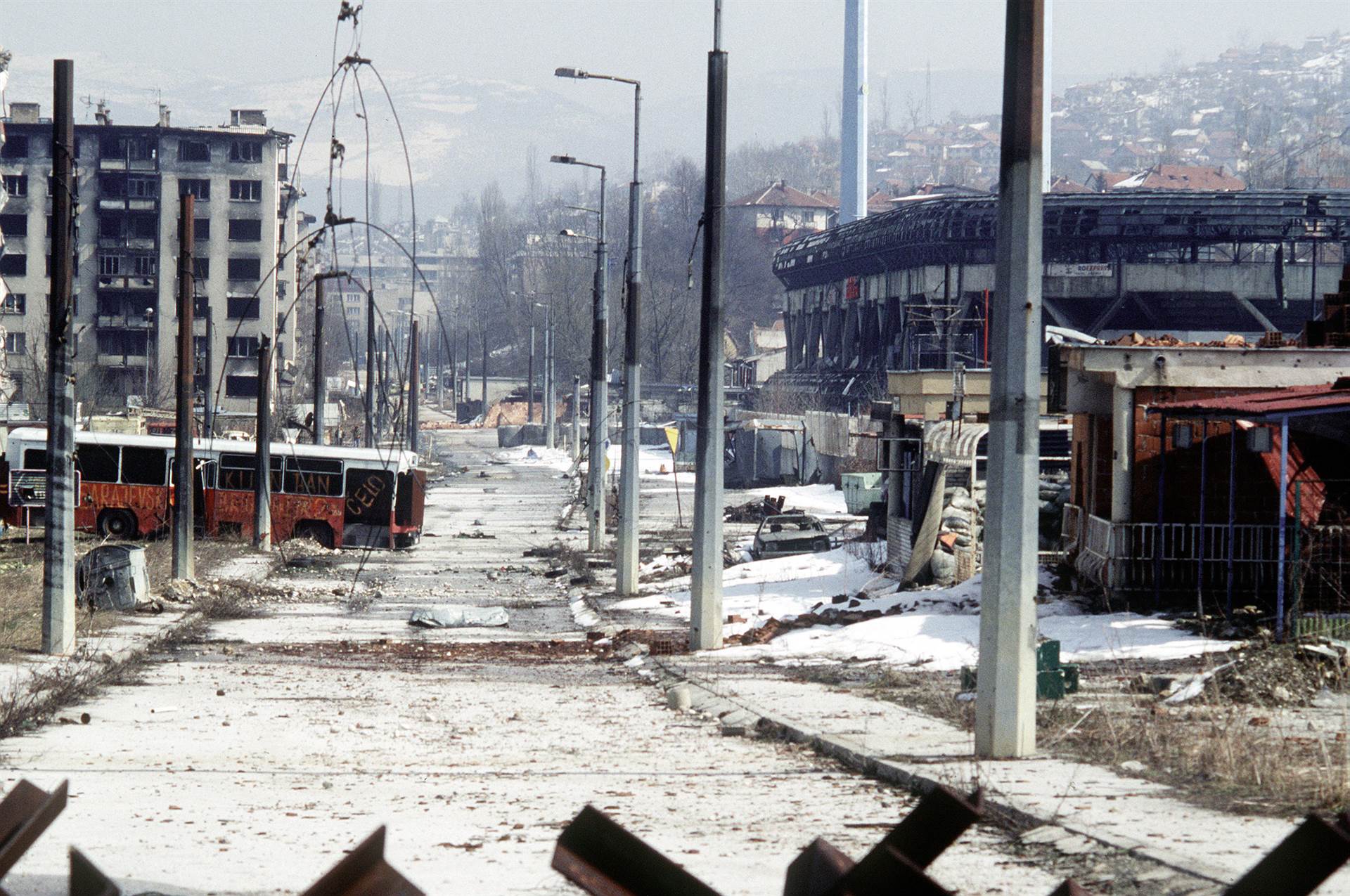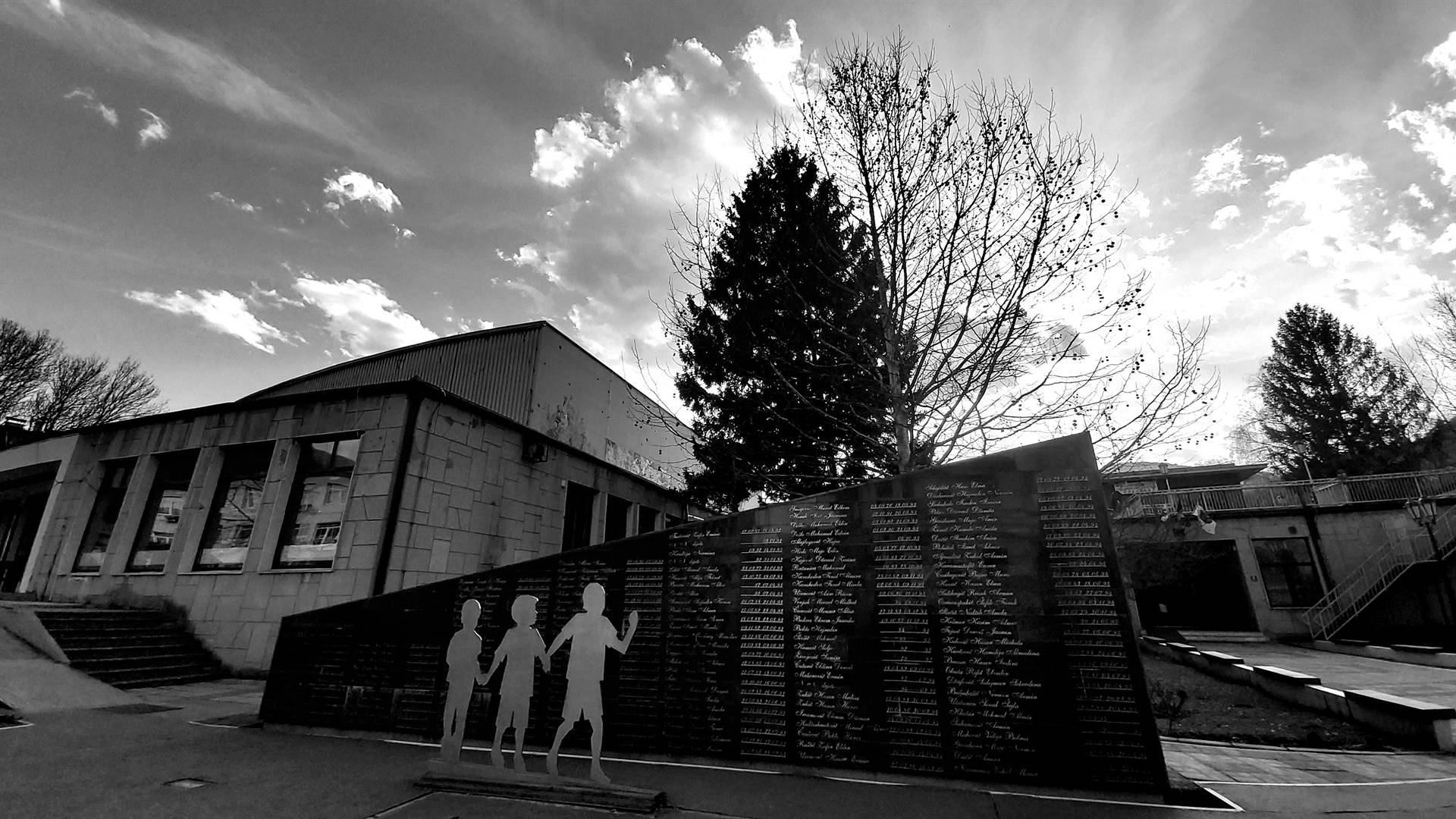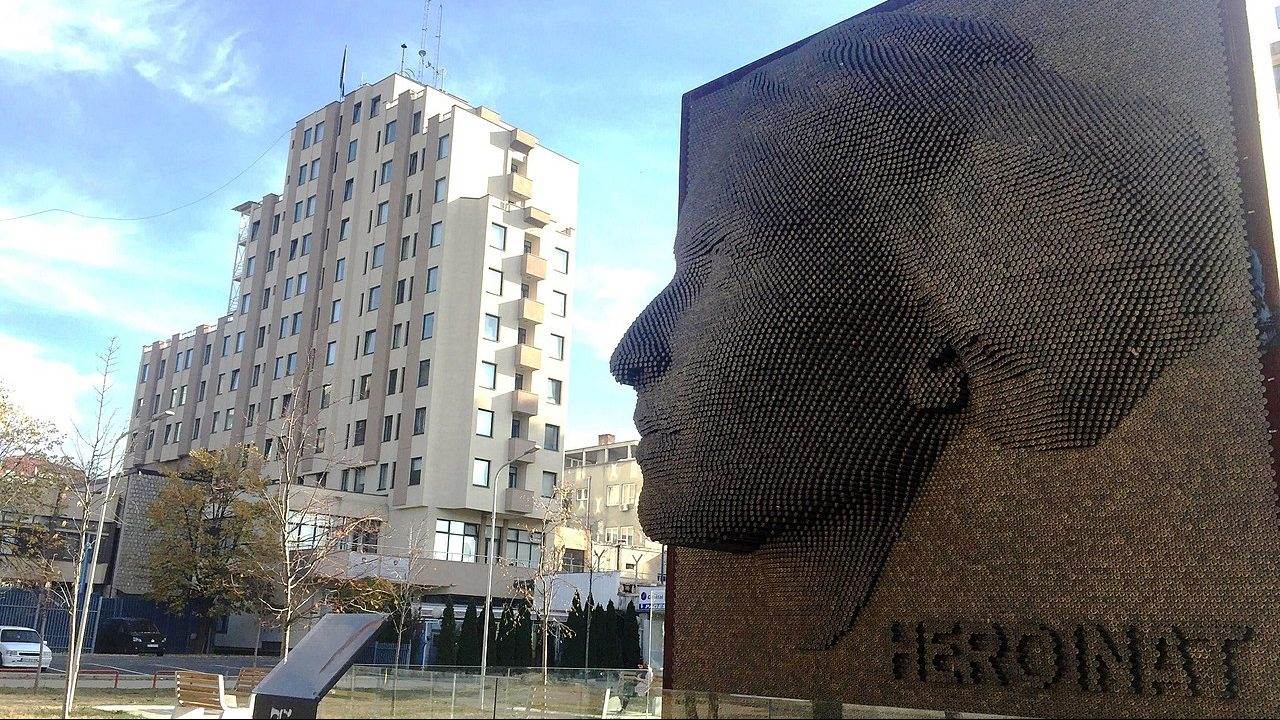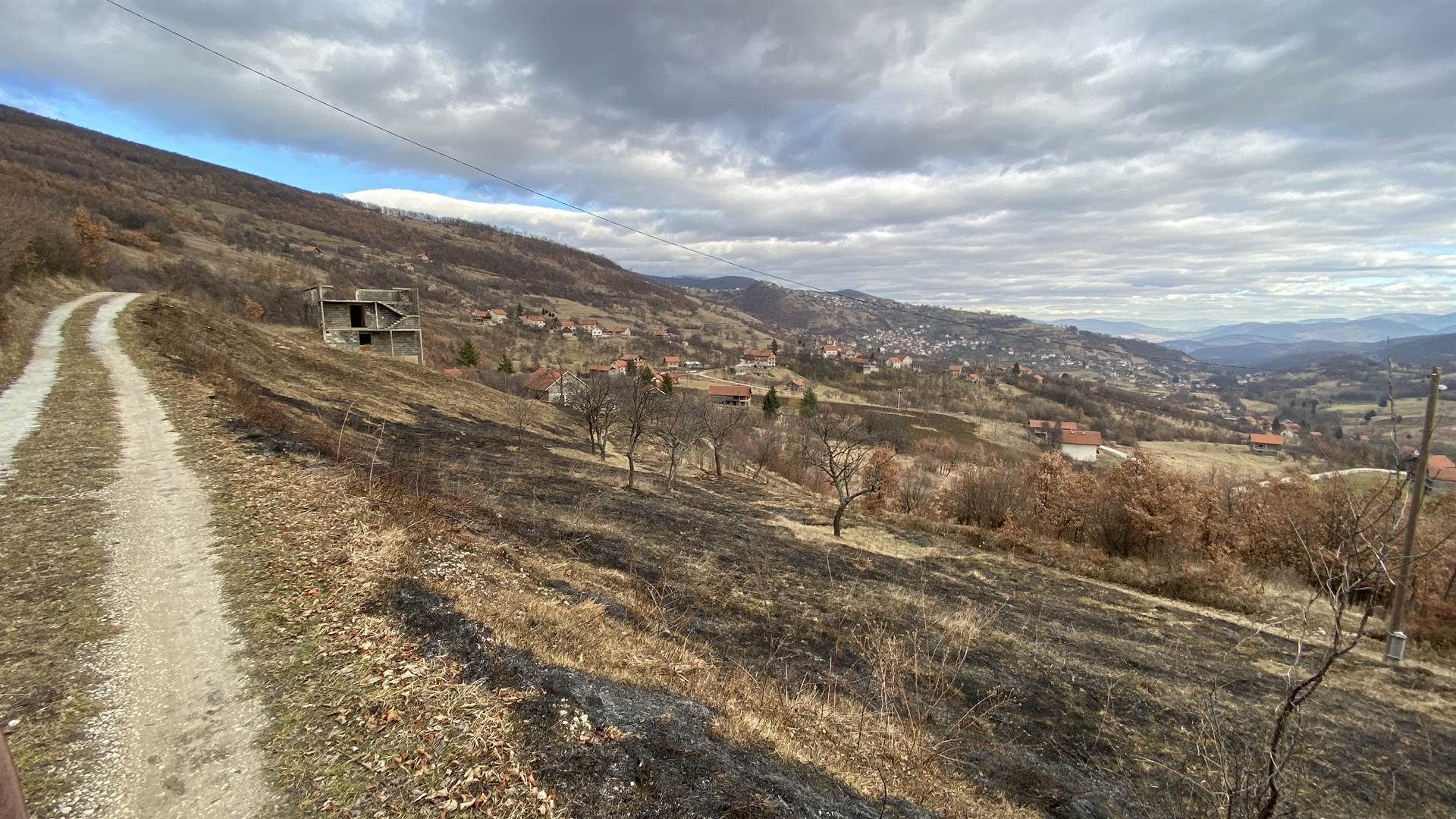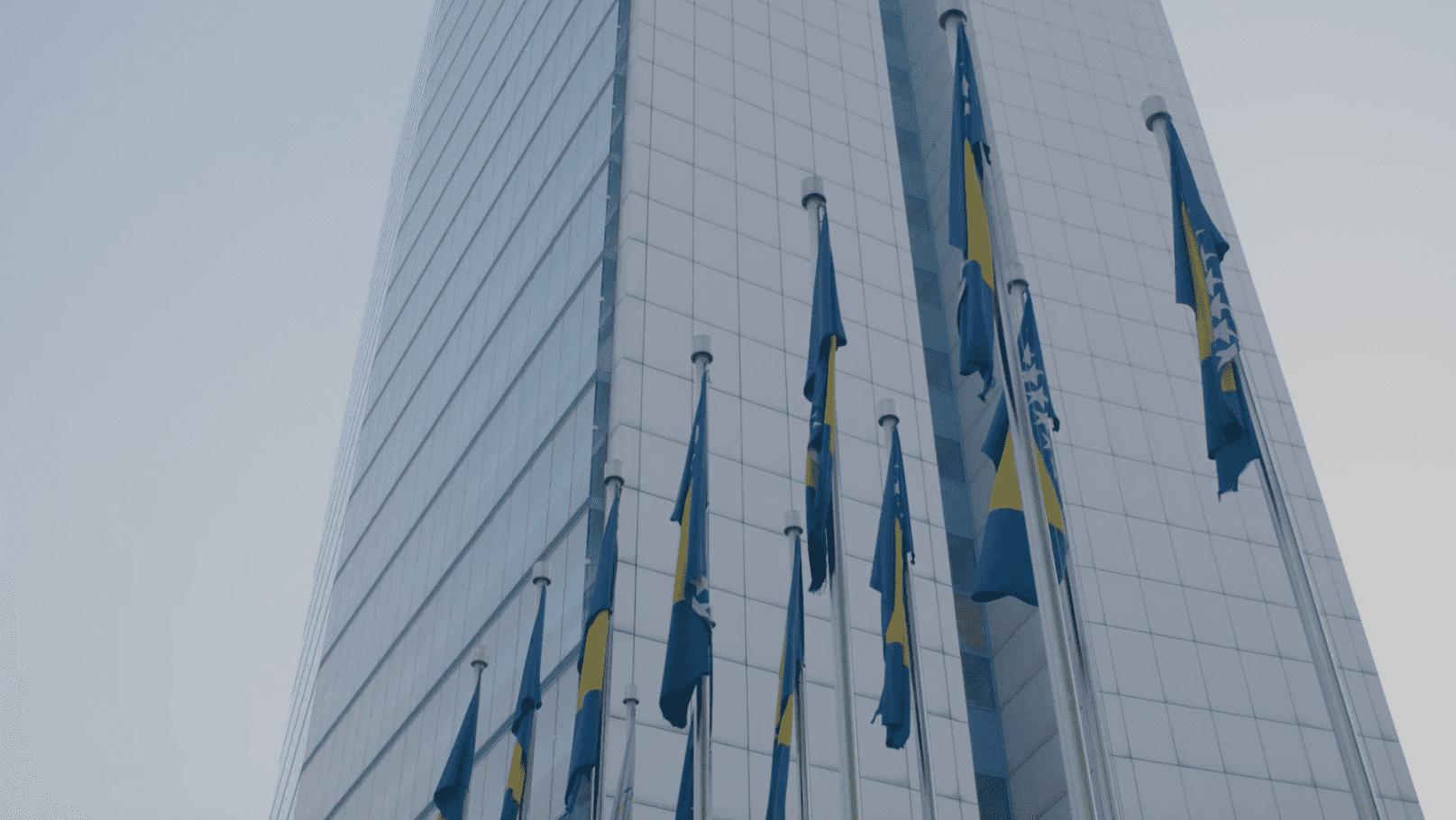Despite strong evidence that emerged in their superiors’ trials, officers who led brigades of the Bosnian Serb Army’s Sarajevo-Romanija Corps as it targeted Sarajevo with shells and sniper fire have...
Many people in Bosnia and Herzegovina are self-isolating at home to protect themselves from the coronavirus, but migrants and refugees living in squatted buildings and tent camps are more vulnerable...
In the second report in BIRN’s Forgotten Victims series about the Bosnian war, relatives of elderly Croats killed in the village of Susanj in 1993 demand to know why the...
Bosnia’s Strategy for Prevention and Combatting Terrorism, which expires this year, has not received nearly enough resources to succeed – and clear terrorism prevention systems have yet to be set...

